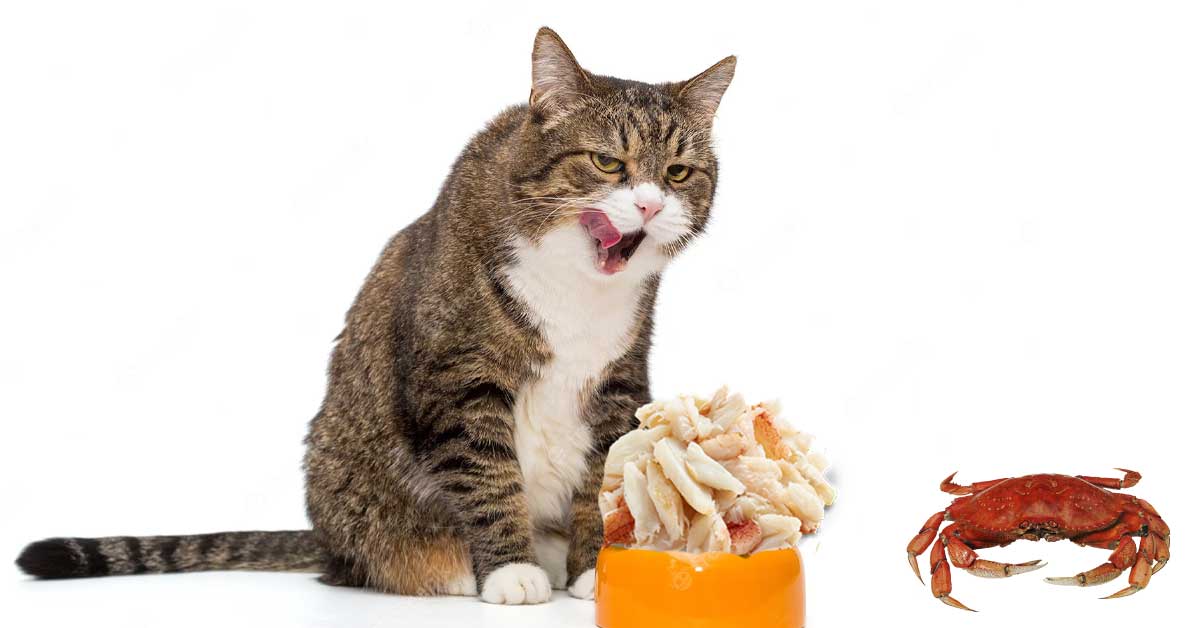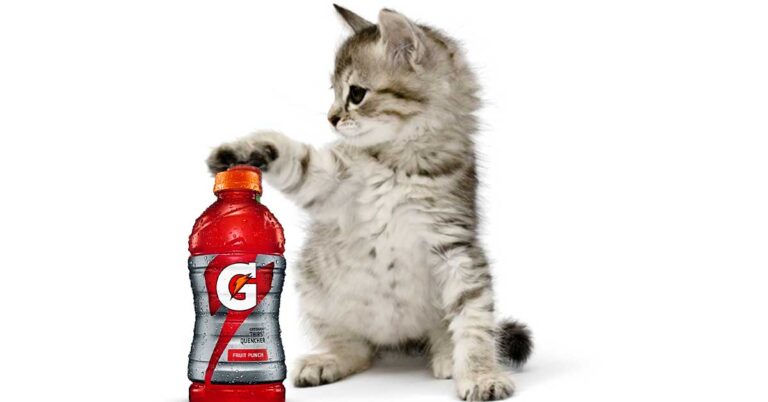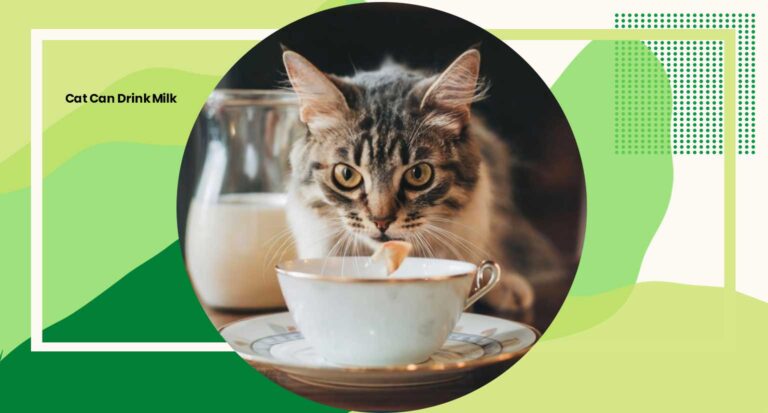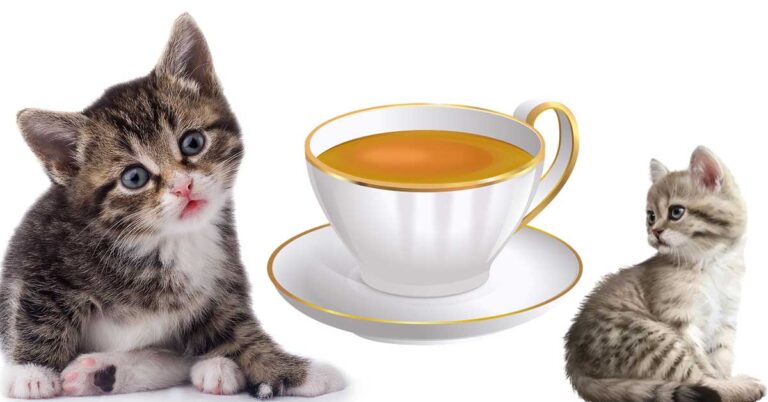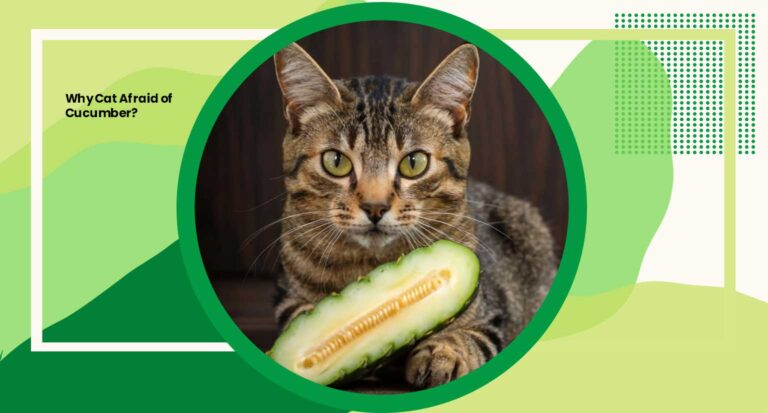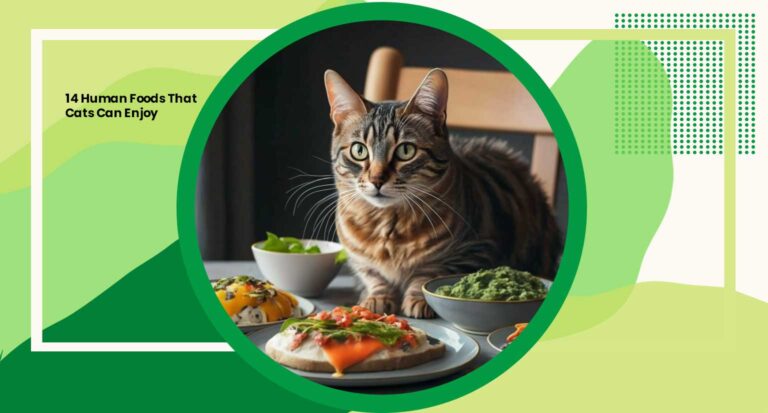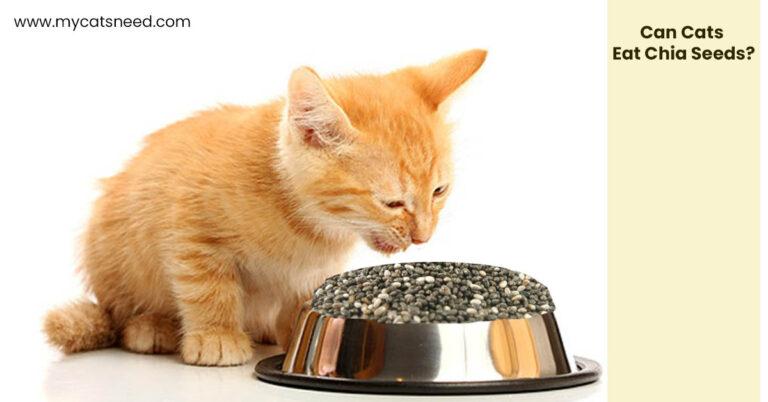Can Cats Eat Crab Meat?
I bet you’ve been wondering if your purr-fect little companion can enjoy the same seafood delicacies that we humans do.
Specifically, can cats eat crab meat? It’s a question that has likely crossed the mind of every cat owner at some point.
Today, we’ll dive into this topic and find out whether it’s safe to share your crab feast with your furry friend.
Is Crab Meat Safe for Cats?
Crab meat is generally safe for cats to consume, but there are a few caveats. First, it should be cooked thoroughly to kill any potential pathogens that could harm your pet.
Raw seafood, including crab, can carry bacteria and parasites, which can make your kitty sick.
Second, crab meat should be served in moderation. While it’s rich in protein and low in fat, making it a healthy treat, too much of it can lead to an upset stomach or diarrhea.
Moreover, crab meat is high in sodium, and excessive sodium intake can be harmful to cats. So, while a small amount of crab meat can be a fun treat for your feline friend, it shouldn’t replace their regular diet.
Preparing Crab Meat for Your Cat Using the Pour-Over Method
Now, let’s talk about how to prepare crab meat for your cat. The pour-over method is a great way to ensure that the crab meat is thoroughly cooked and safe for your cat to eat. Here’s how you do it:
- Start by boiling water in a pot.
- Once the water is boiling, place the crab in the pot and cover it.
- Let it cook for about 10-15 minutes.
- After it’s fully cooked, remove the crab from the pot and let it cool.
- Once cooled, remove the shell and pick out the meat. Be sure to check for any small shell fragments that could pose a choking hazard.
- Pour the cooled cooking water over the crab meat to moisten it. This makes it easier for your cat to eat.
Remember, always serve the crab meat in small portions. And never add any seasoning; cats don’t need it and some seasonings can even be harmful to them.
Health Benefits and Safe Consumption
In moderation, crab meat can provide some health benefits to your cat. It’s a good source of protein, which is essential for your cat’s muscle development.
It also contains taurine, an amino acid that’s crucial for your cat’s heart health and vision.
However, remember that crab meat is not a complete meal for your cat. They still need a balanced diet that’s specially formulated for cats.
Treats like crab meat should make up no more than 10% of your cat’s daily caloric intake.
Precautions to Consider
While crab meat is generally safe for cats, it’s important to take some precautions. Always remove the shell and any small bones to prevent choking.
Also, avoid giving your cat crab meat if they have a history of food allergies or a sensitive stomach.
In summary, while cats can technically eat crab meat, it’s best served as an occasional treat rather than a staple in their diet.
Always monitor your cat after introducing any new food to their diet, and consult your vet if you notice any adverse reactions.
Happy feeding!
Stay tuned for our next post where we’ll discuss more about our furry friends’ diet. Until then, keep those tails wagging and those purrs coming.
Feeding Your Cat Seafood
Cats can eat a variety of seafood, including cooked fish, shrimp, and calamari. Seafood is rich in protein and healthy fats that can provide cats with essential vitamins and minerals.
In addition to the aforementioned types of fish, you can also feed your cat cooked salmon, trout, anchovies, sardines, and tuna (in moderation), as well as a small serving of crab meat.
Keep in mind that seafood should be cooked and thoroughly cleaned before feeding your cat, to reduce the risk of food poisoning.
Additionally, it’s important to provide variety in your cat’s diet by including different kinds of fish, as well as other proteins like chicken and eggs. Of course, always consult with your vet before introducing any new foods.
Seafood Options for Cats: A Guide to Healthy Choices
Cats can enjoy a variety of seafood, including cooked fish, calamari, and shrimp. Fish is an excellent source of protein for cats and contains healthy fats that provide essential vitamins and minerals.
You can feed your cat cooked salmon, trout, anchovies, sardines, and tuna (in moderation), as well as a small serving of crab meat. It’s important to provide variety in your pet’s diet by including different kinds of fish, as well as other proteins like chicken and eggs.
Additionally, always make sure that the seafood is cooked thoroughly and cleaned before feeding your cat to reduce the risk of food poisoning. For more advice on nutrition for your feline friend, consult with your vet.
Making sure your cat has a healthy and balanced diet is not only beneficial for their physical health but also for their mental well-being. Cats need to feel secure to thrive. So, providing them with a nutritious and varied diet can help them stay happy and content.
Potential Risks of Feeding Crab Meat to Cats
When it comes to feeding your cat crab meat, some potential risks must be taken into consideration. First, always make sure the crab is cooked thoroughly before serving, as raw seafood can contain harmful bacteria or parasites which can cause illness in cats.
Second, crab meat is high in sodium, so it should only be served in moderation to avoid any adverse effects. Additionally, you should always check for small shell fragments that could pose a choking hazard.
Finally, if your cat has a history of food allergies or a sensitive stomach, it’s best to avoid giving them crab meat altogether. Keeping these precautions in mind will ensure your pet’s safety when enjoying this delicious seafood treat.
So, while cats can safely enjoy a small serving of cooked crab meat now and then, it shouldn’t be part of their regular diet. For more advice on nutrition for your feline friend, talk to your veterinarian.
With the right guidance, you can make sure your cat is getting all the nutrients they need for a happy and healthy life.

